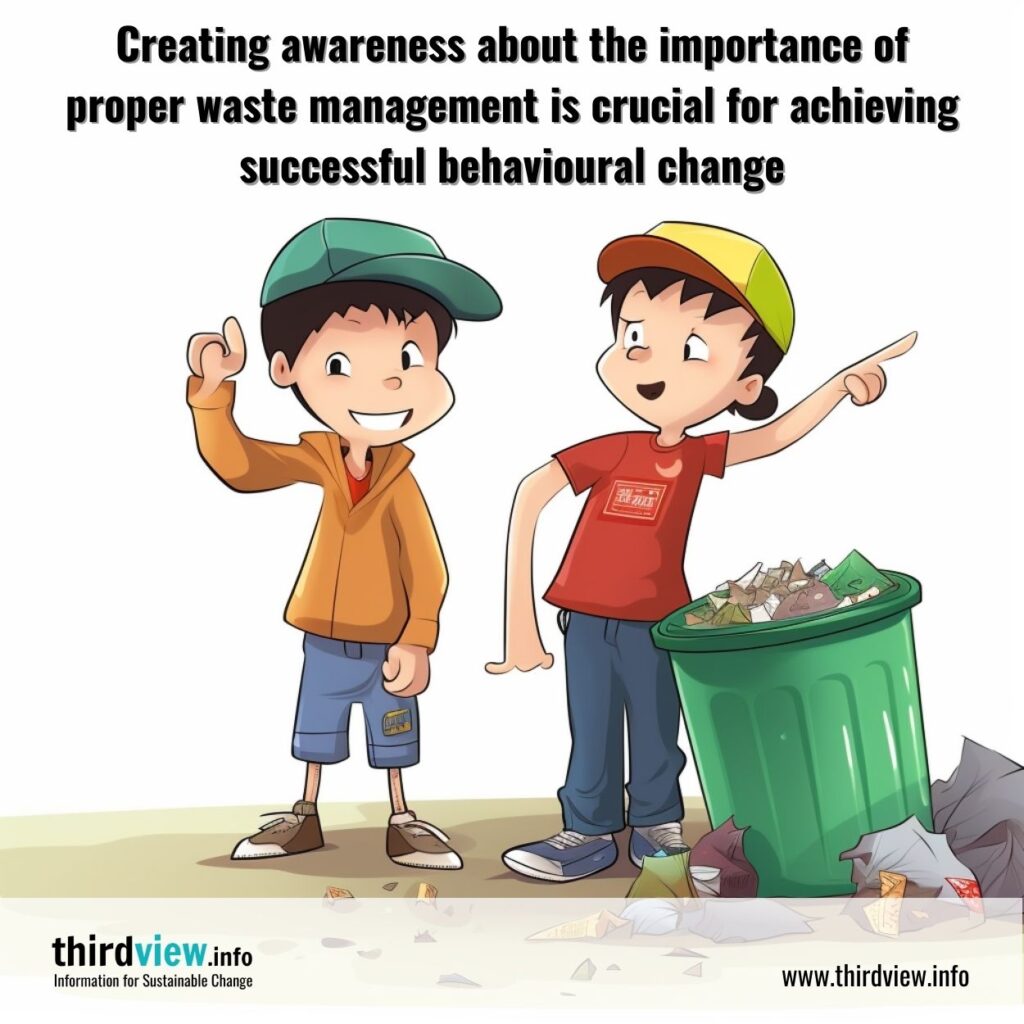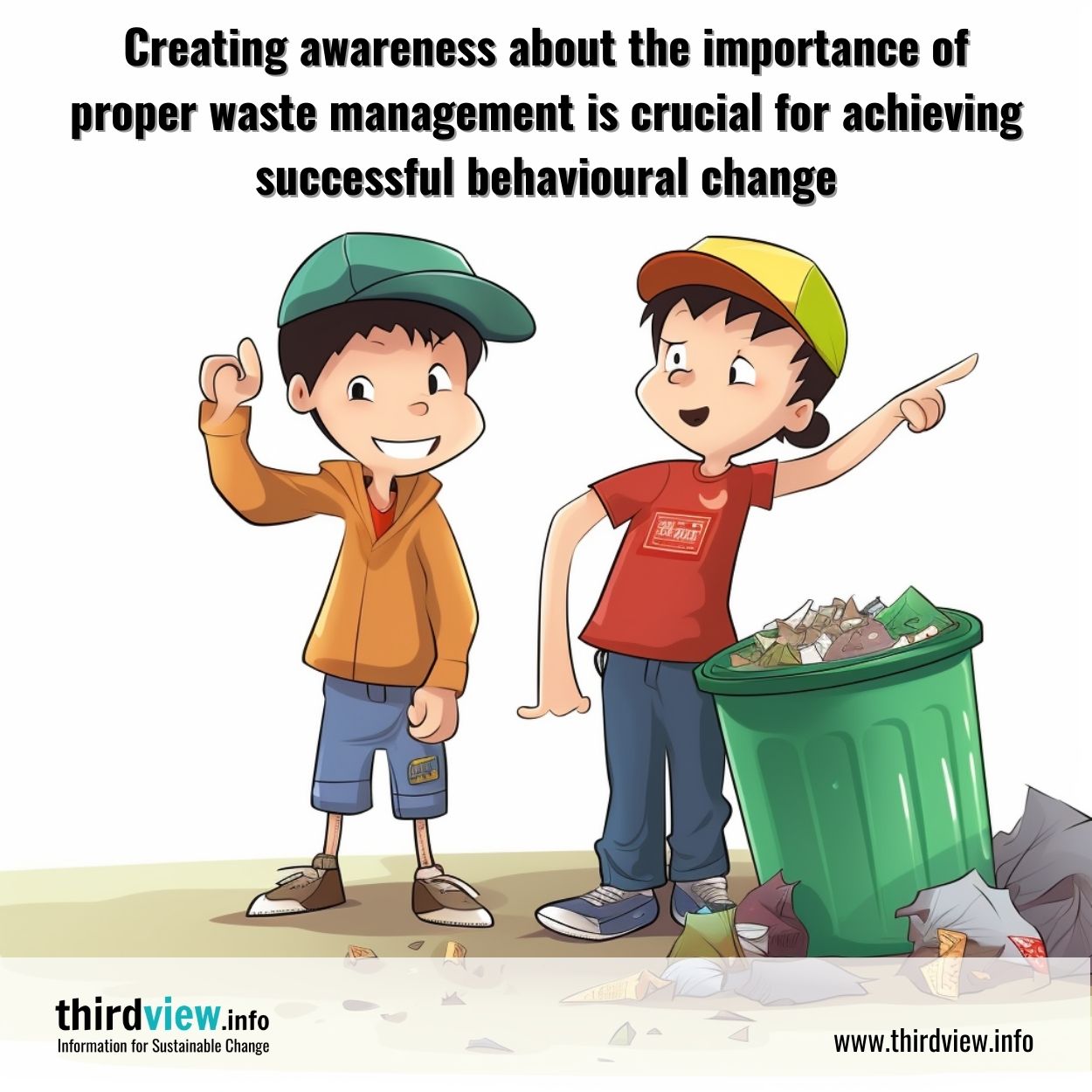As the world becomes increasingly more aware of the environmental and economic impacts of improper waste management, it is essential for governments to analyse current policies and make necessary changes. One of the most effective ways to do so is through encouraging behavioural changes amongst citizens, which will lead to better waste management practices. Let’s explore how this can be done.
Creating Awareness
The first step towards achieving successful behavioural change is to create awareness about the importance of proper waste management. This can be done through campaigns such as public service announcements (PSAs) in local media, educational programs in schools, or even initiatives like workshops and seminars that are conducted by non-profit organisations. Such campaigns should focus on both educating people about the consequences of poor waste management and highlighting simple steps they can take to reduce their own contribution to the problem.
Encouraging Recycling and Reusing
Encouraging recycling is another important way to promote better waste management practices among citizens. Governments should incentivise households that sort their recyclable items properly, such as paper products, plastic containers, glass bottles, cans, etc., with discounts or other rewards. Additionally, they should also provide funding for companies that implement innovative methods for reusing materials from wastes such as plastics or contaminated metals. Moreover, composting should be encouraged since it can help reduce the amount of organic waste that ends up in landfills by transforming them into useful fertilizers for agricultural purposes.
Introducing Laws and Regulations
It is also important for governments to introduce laws and regulations regarding proper disposal of hazardous wastes such as chemicals or electronic pieces in order to ensure safe handling and prevent contamination of water sources or air pollution. Furthermore, there should be strict penalties imposed on individuals who fail to comply with these rules in order to discourage irresponsible behaviour when dealing with wastes. This will help discourage dumping activities that could cause serious environmental problems due to contamination from toxic materials present in these wastes.
Behavioural changes are essential for optimising waste management policies across different countries worldwide. Creating awareness about proper disposal methods through campaigns and incentives, promoting recycling and reuse initiatives, as well as introducing laws and regulations are all key elements that must be taken into consideration when aiming for a reduction of global waste production levels over time. It is only through such strategies that we can begin creating a more sustainable future where our planet’s resources are managed responsibly – one step at a time.


